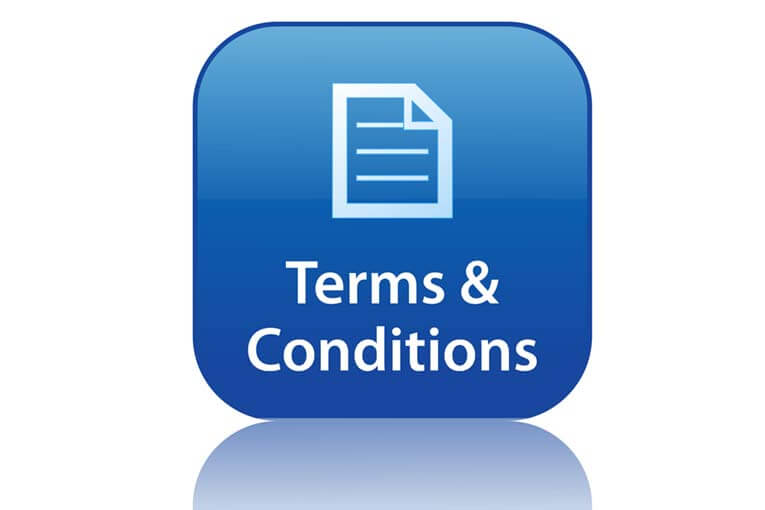Do I Need Terms and Conditions for My Website?
A familiar question from internet and web based startups is whether they truly need a terms and conditions on their website. Will it protect me? Can I use stock T&C’s? If I don’t have one could I lose my personal assets? These are all very important considerations about terms and conditions on any website, especially commercial sites. While there is no legal requirement for defining the terms and conditions on your website it is always recommended that commercial websites have a tailored and well drafted T&C covering privacy, limited liability, copyright, and returns. If you gather a user’s personal data, you will be required to have a stated privacy policy (which may need to be tailored to the specific locations your users are from, e.g.: US, UK, EU).
The terms and conditions is your contract with users of your website. It lays out the basics for users on what to expect and what their recourse might be for conflicts that arise. While there are often other overriding agreements and contracts in commercial transactions, the website terms and conditions need to be well drafted so as to not conflict with prior or later agreements, possibly jeopardizing the preferred terms. Without a terms and conditions on your site and no other documentation about the transaction, there will be litigation in a conflict. Without disclaiming certain statutorily imposed warranties in the terms and conditions you can be liable.
The first consideration to address in your terms and conditions is limiting your liability. You should include a disclaimer to limit your liability for instances when there are errors on the site or for any transmitted data. Generally this will be a clause that states you are not responsible for the web content being inaccurate or any data transmitted. If users of your site are allowed to post content you should include a clause that limits your liability for any content created by users. A privacy policy will be required in your terms and conditions if you collect any user data (email addresses, credit card information, social media, etc.) Depending on the industry and purpose of the website, these can be rather generic or highly specific with statutorily required language (HIPPA, CIPA, etc.).
A copyright notice is always recommended for any website. A copyright notice signals to users that the content is created by and your intellectual property. It can be as simple as: “Copyright©2014. Your website.com.” If you are using other’s intellectual property on your website you will need to have permission and likely post their copyright information on the content that is theirs. There should also be a clause stating where the website is operating and which country/state’s laws govern the agreement.
It is best practice to include written policies on credit card use, refunds, and returns in your terms and conditions for commercial sites. This is also where all of the necessary commercial disclaimers that may apply need to be stated, some include disclaiming the warranty of merchantability, warranty for a particular purpose, or any other warranties that may apply.
While not legally necessary unless your collecting user data, it is wise to have a Terms and Conditions statement for your website. It’s not complicated to put one together and you can use either an online generator or an attorney. Chances are that no one will ever read your Terms and Conditions, but they will certainly come in handy should any issues arise. Reidel Law Firm offers flat fee business and legal services including startup and internet documentation. Use the contact form below or call (832)510-3292 to schedule your free consultation today.


